
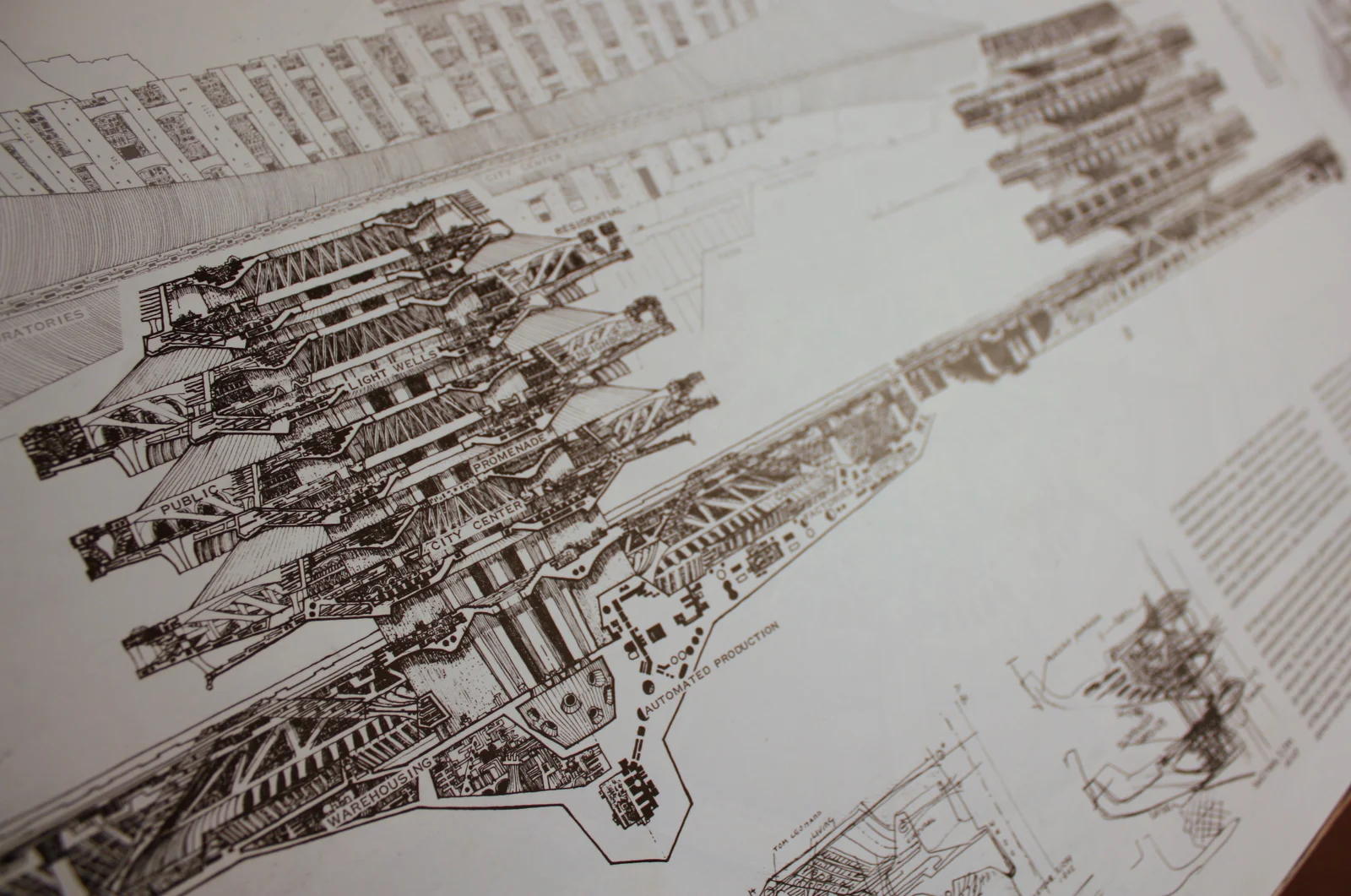
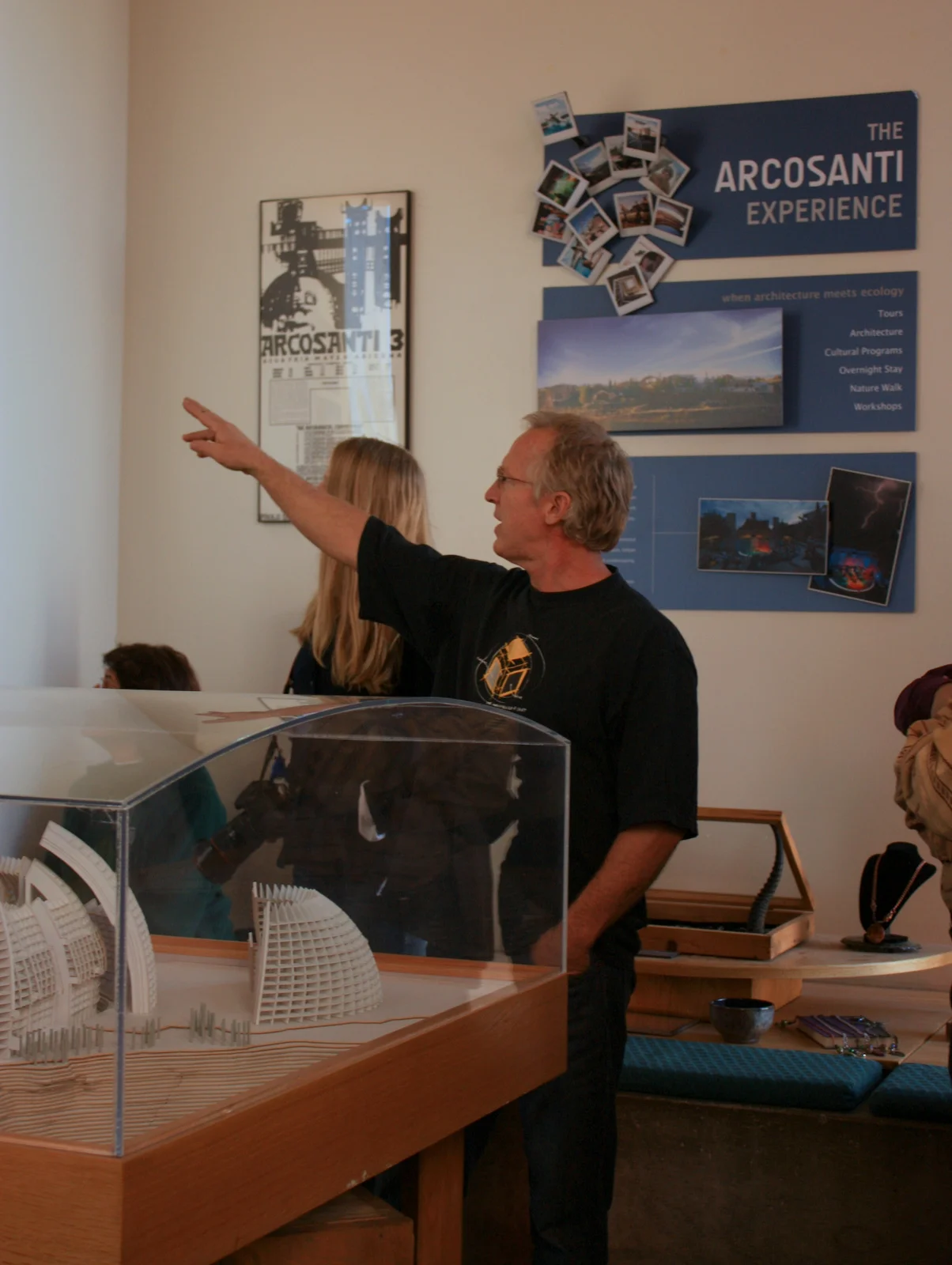

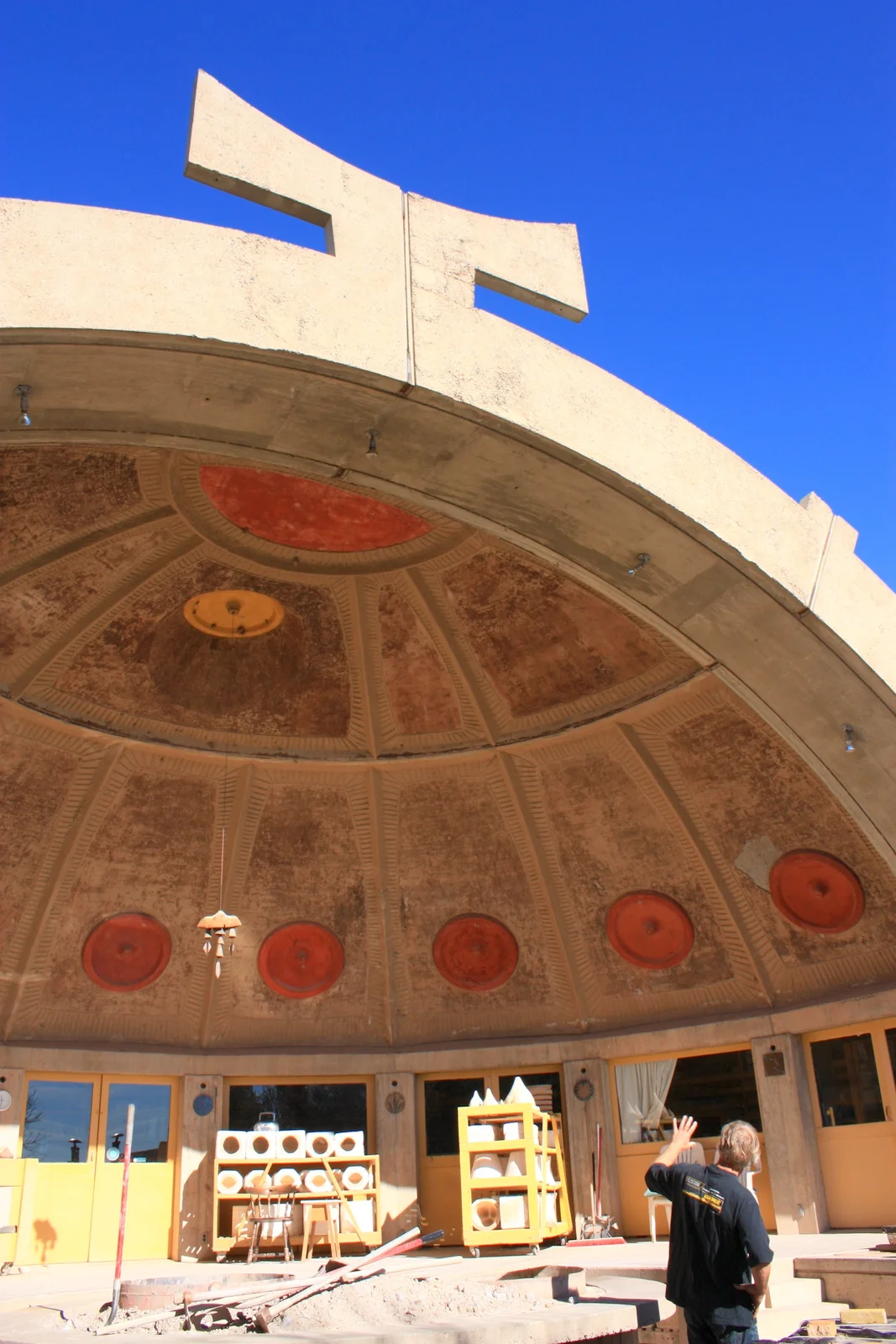
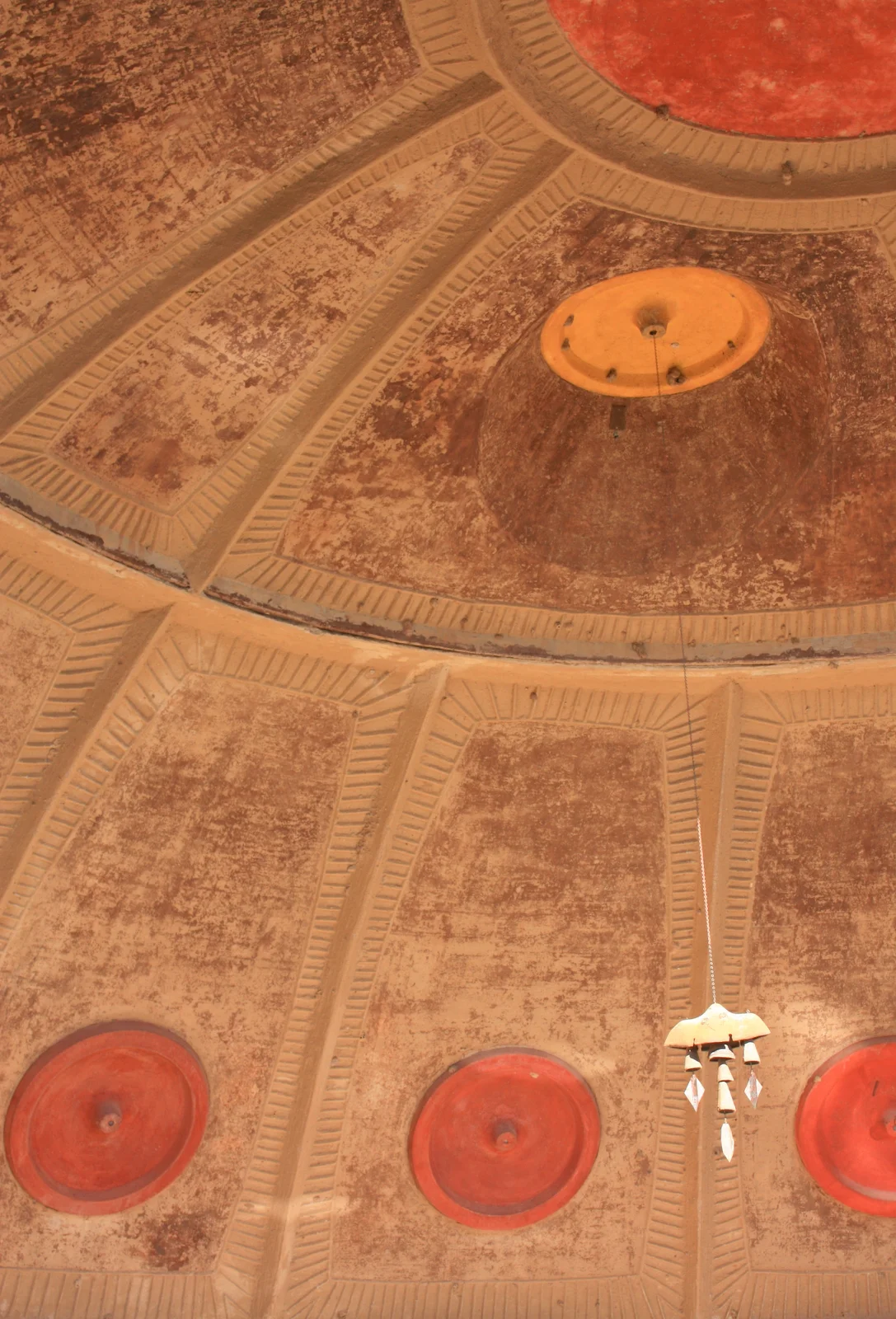
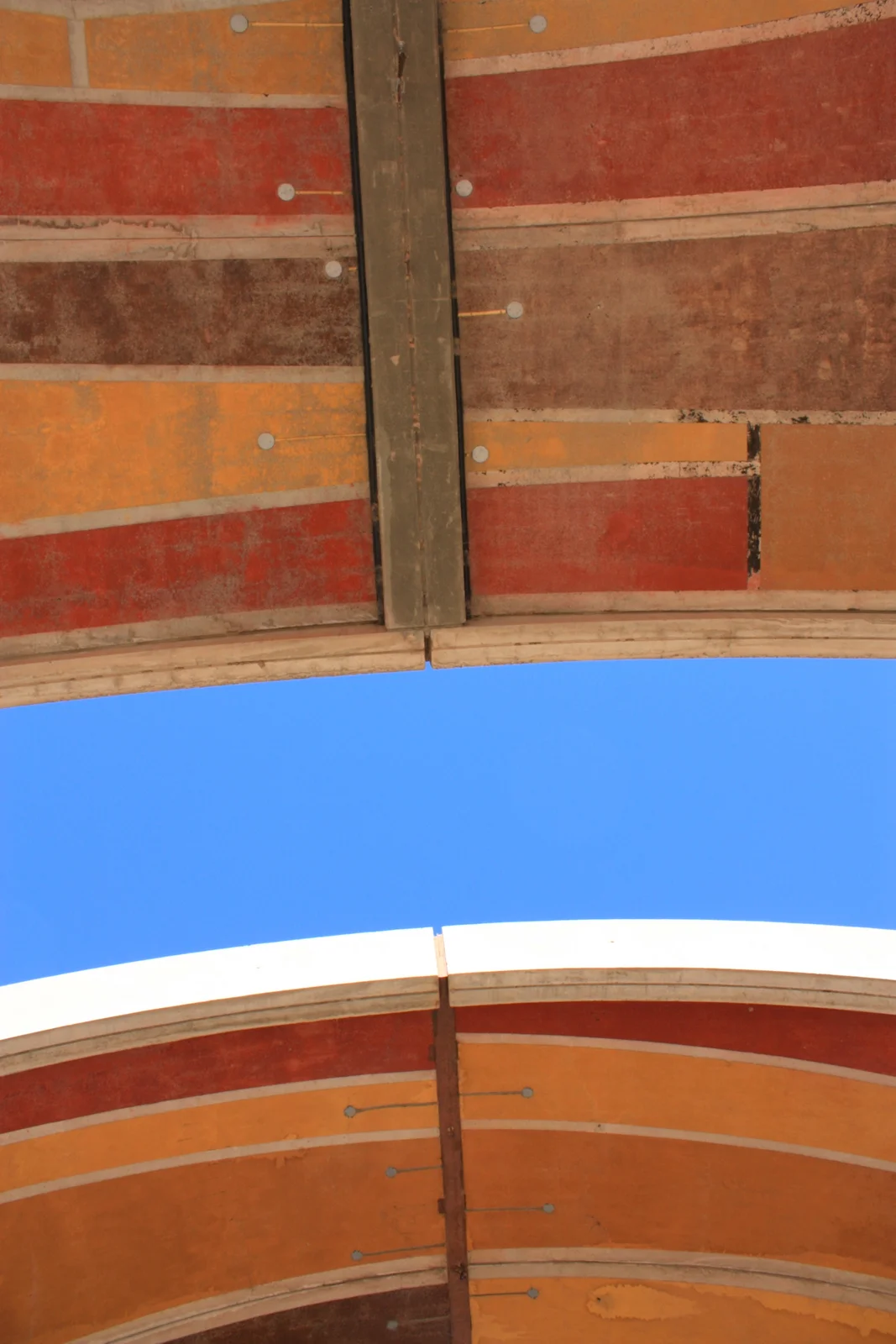
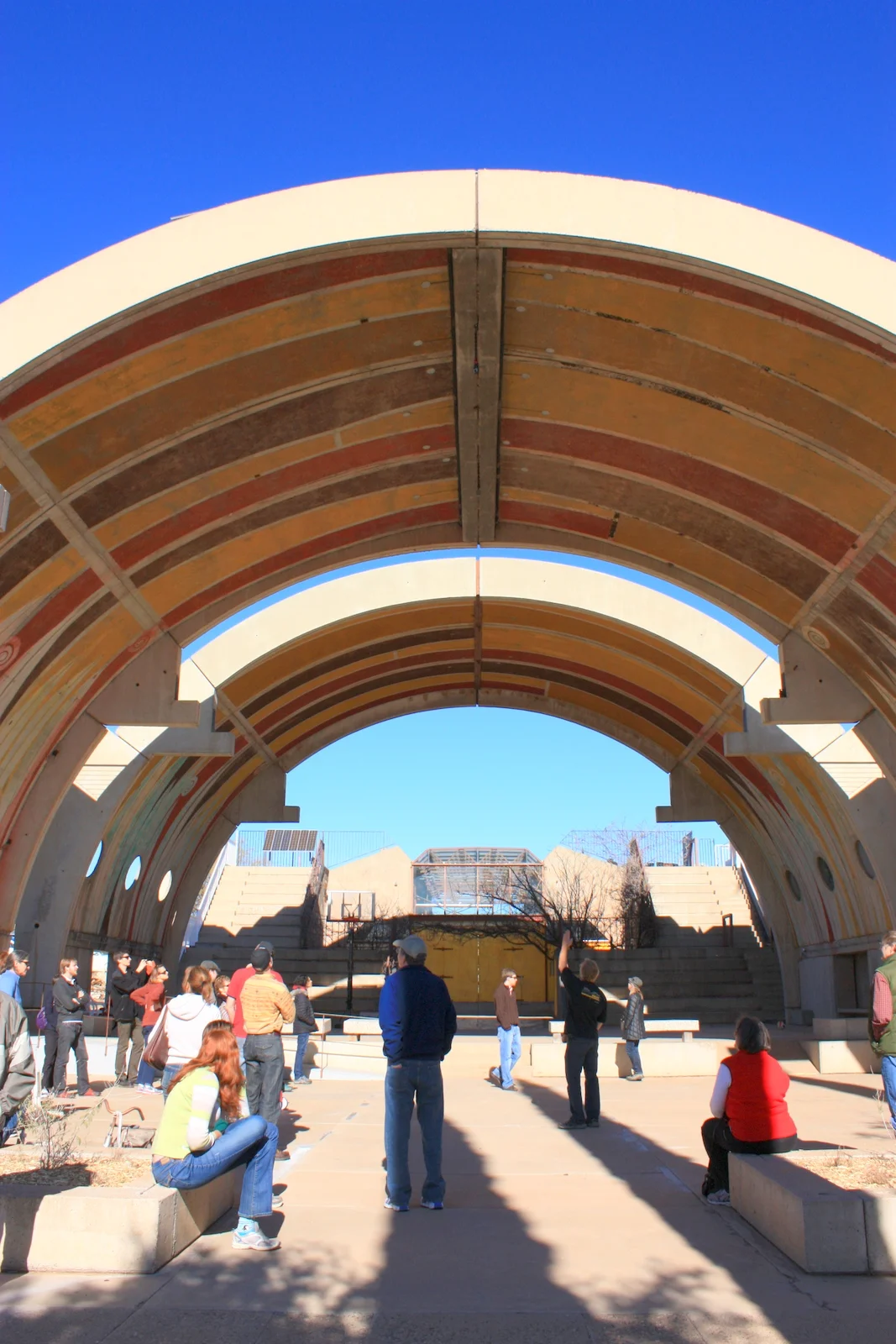
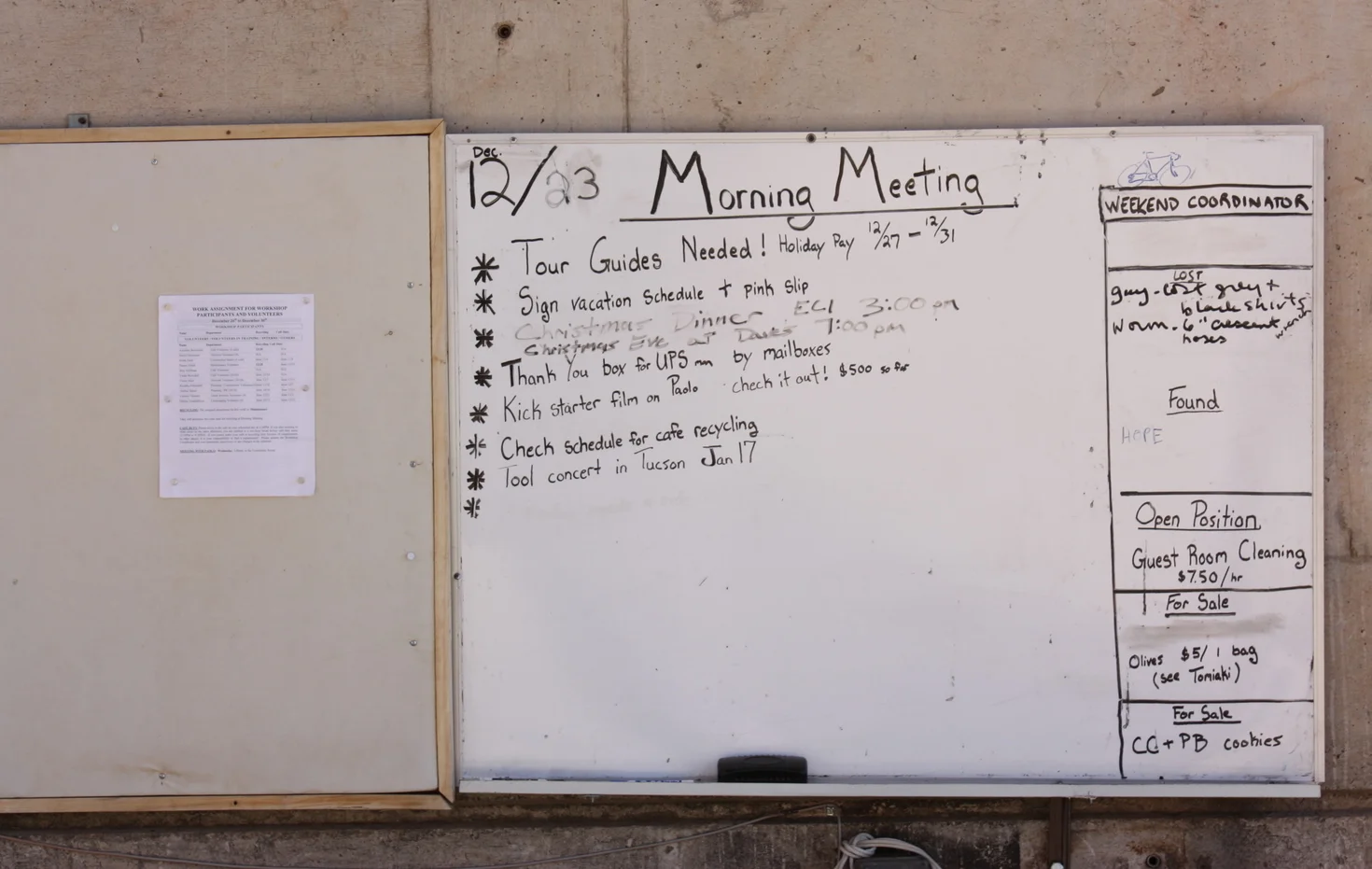
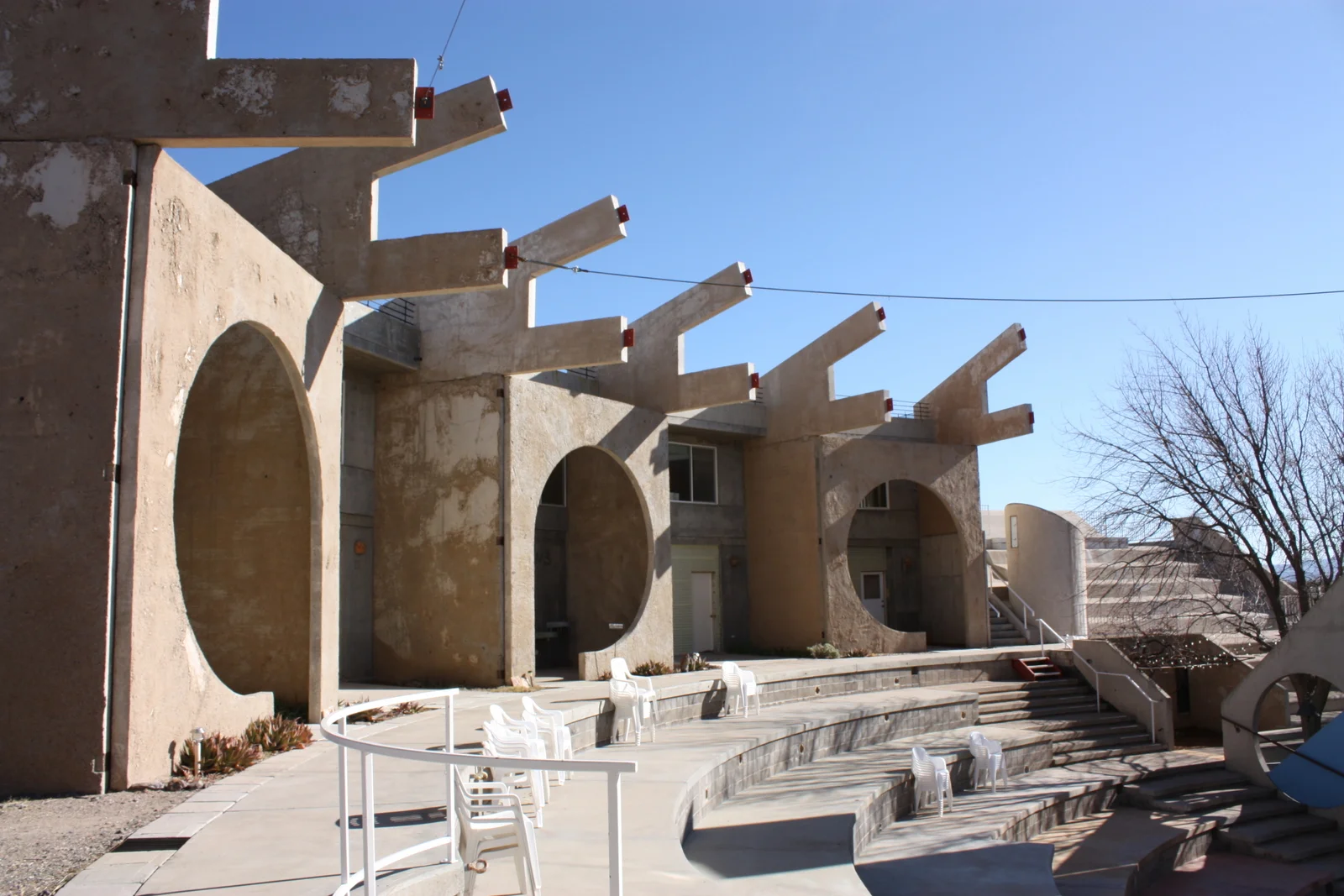
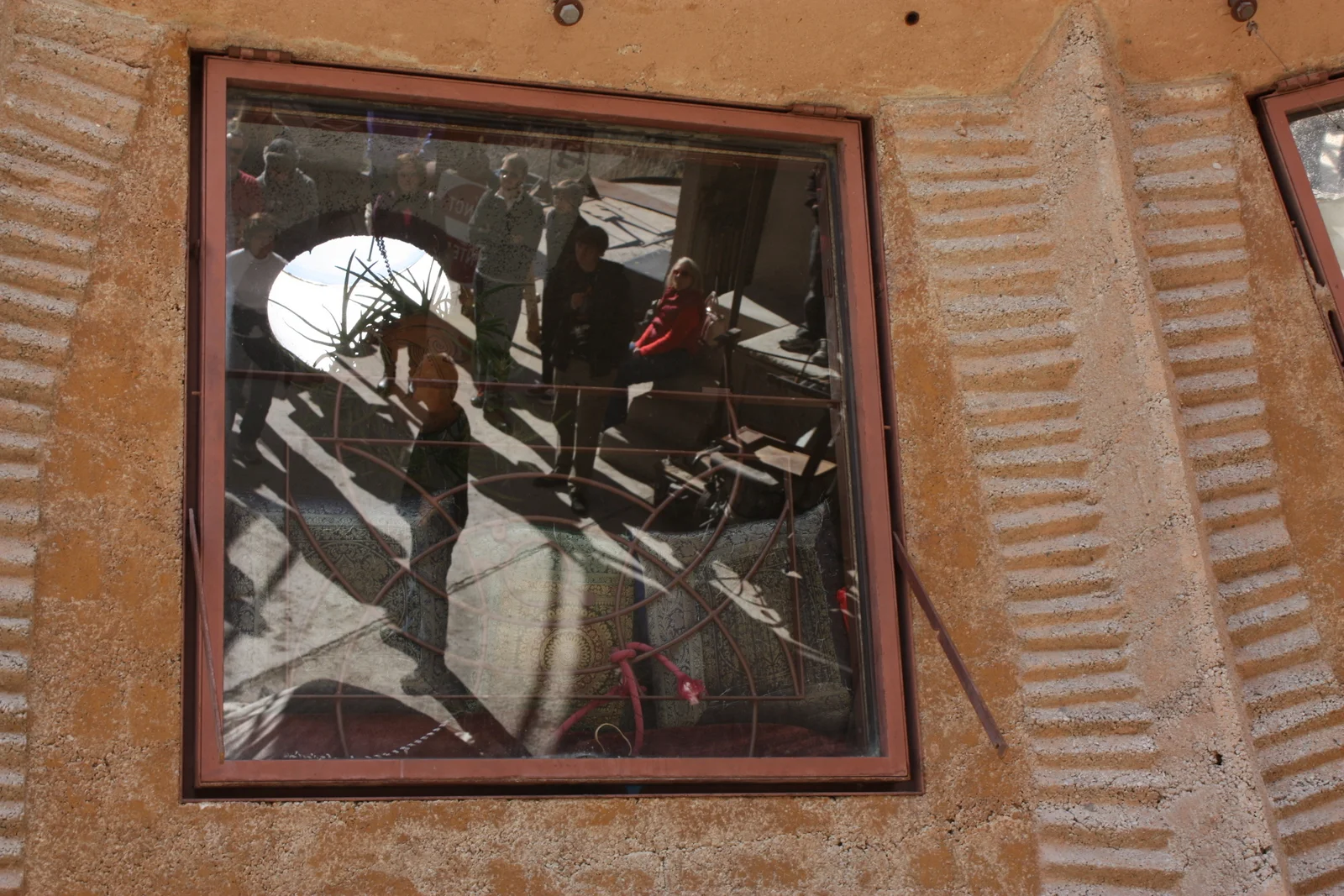
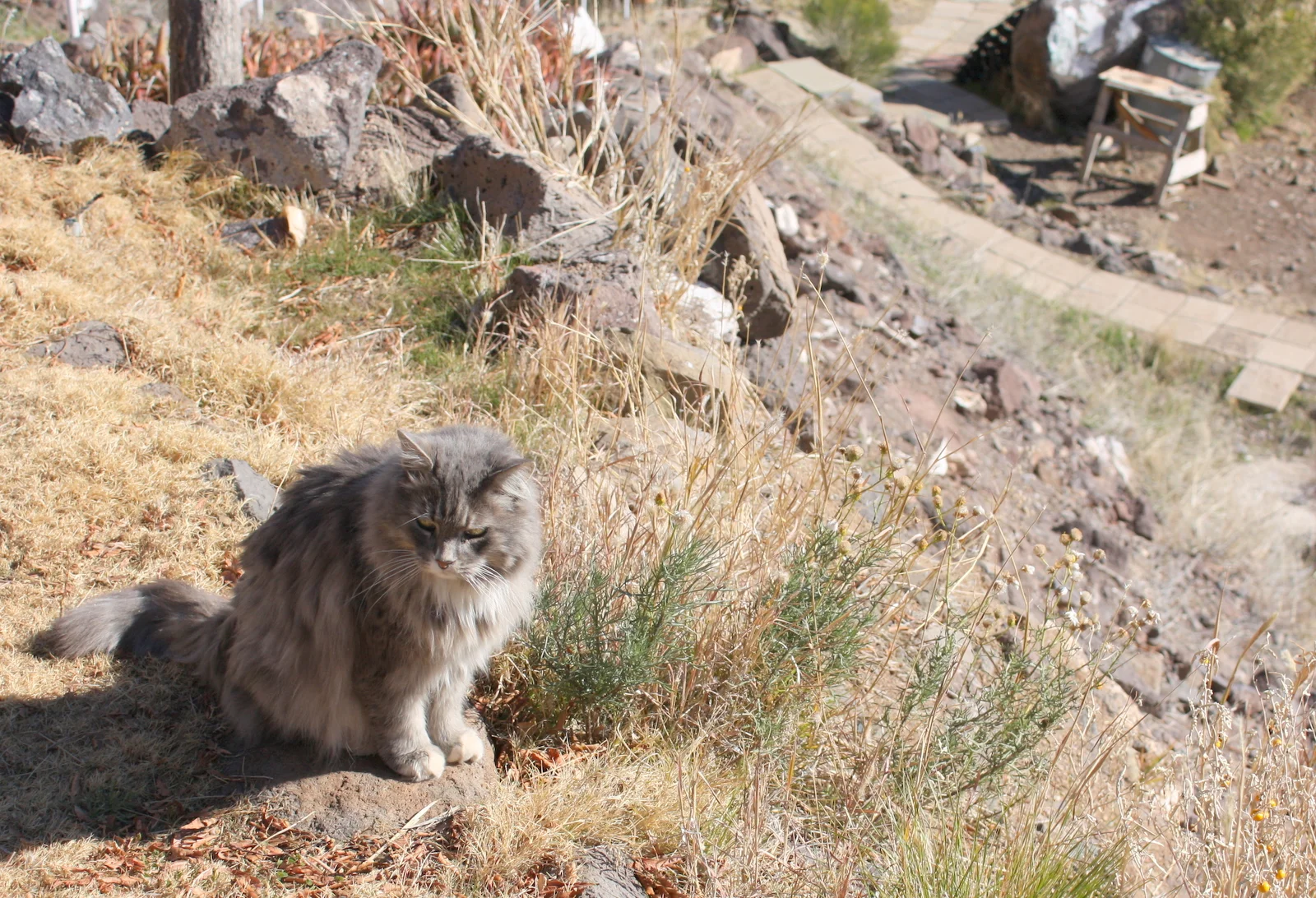
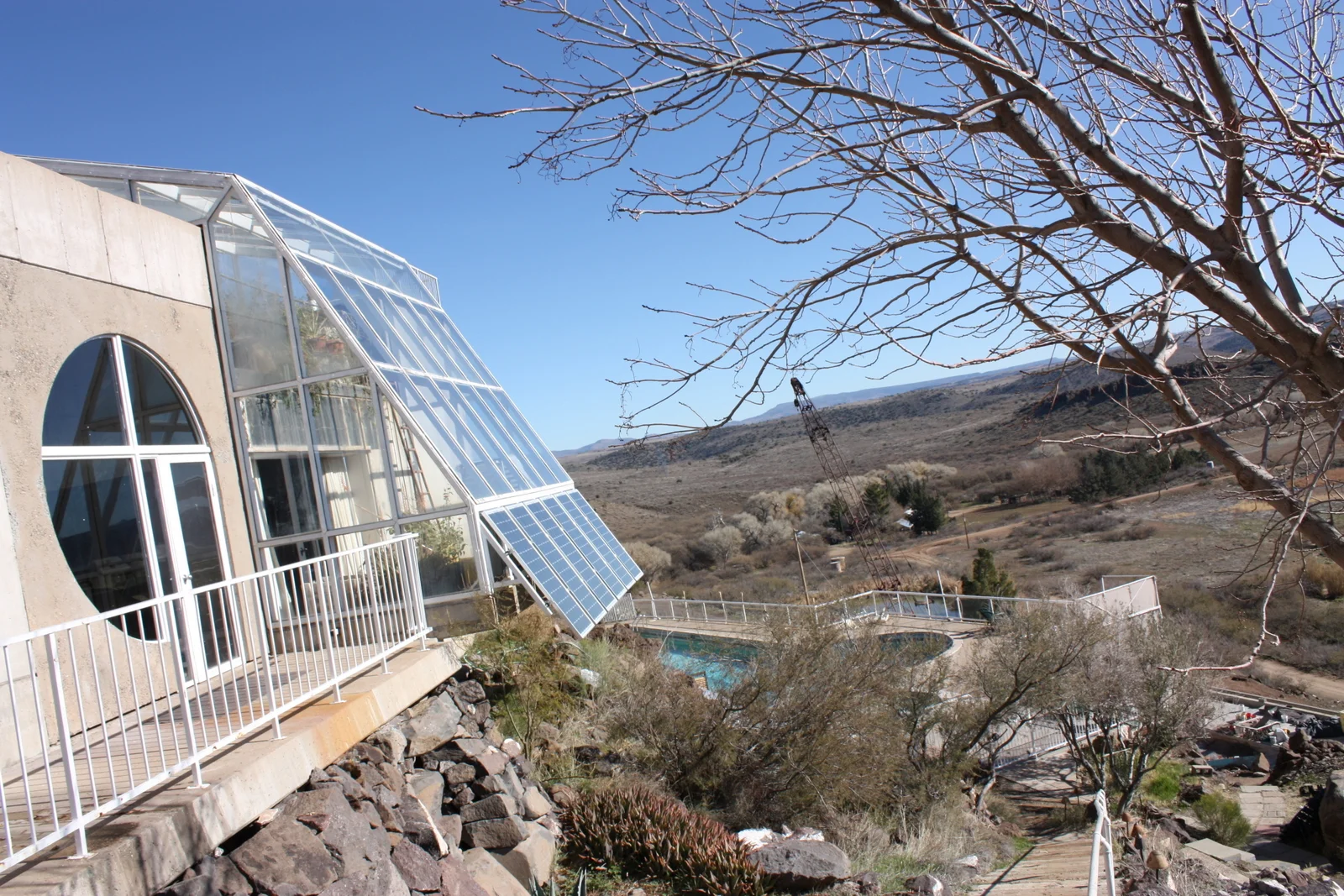

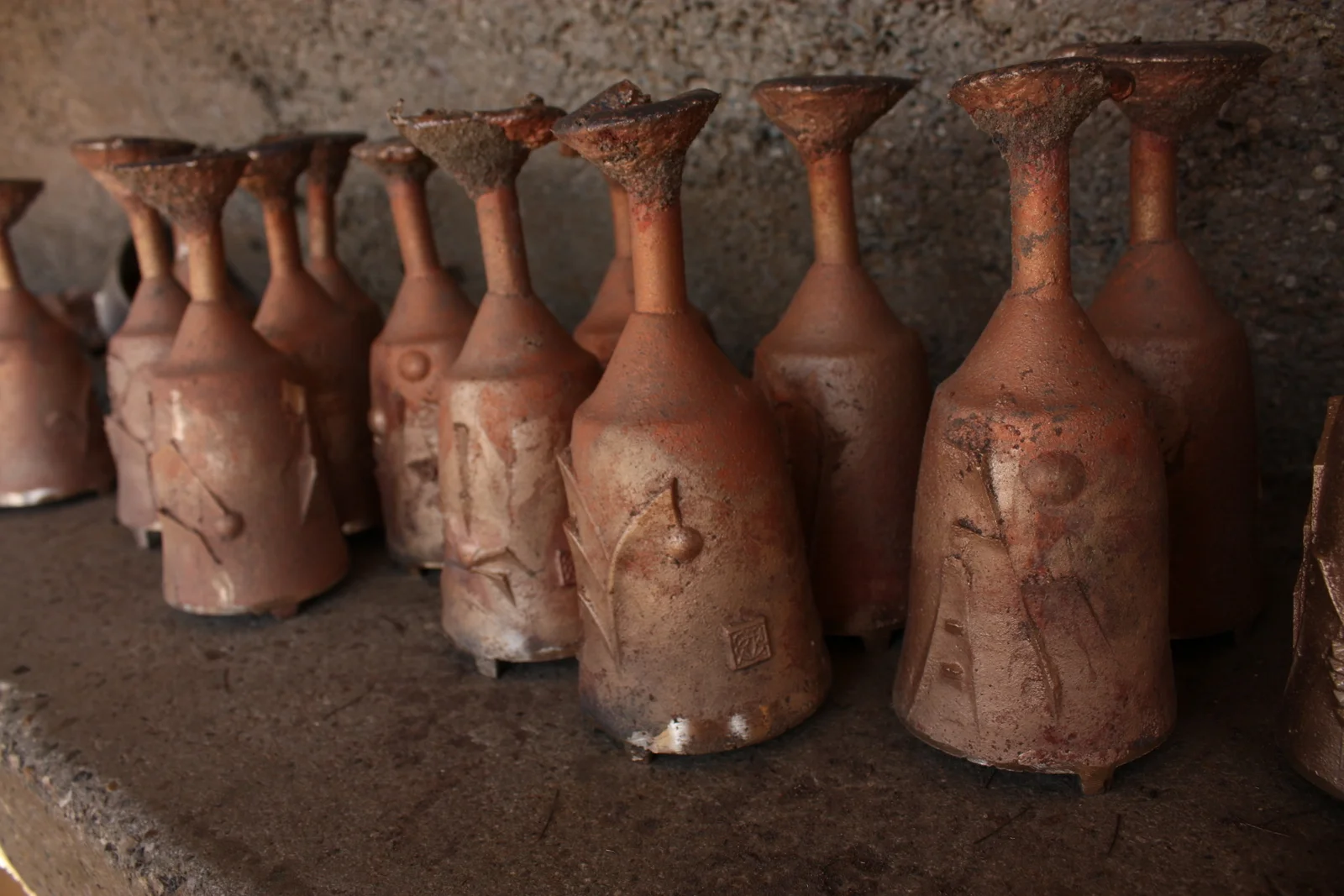

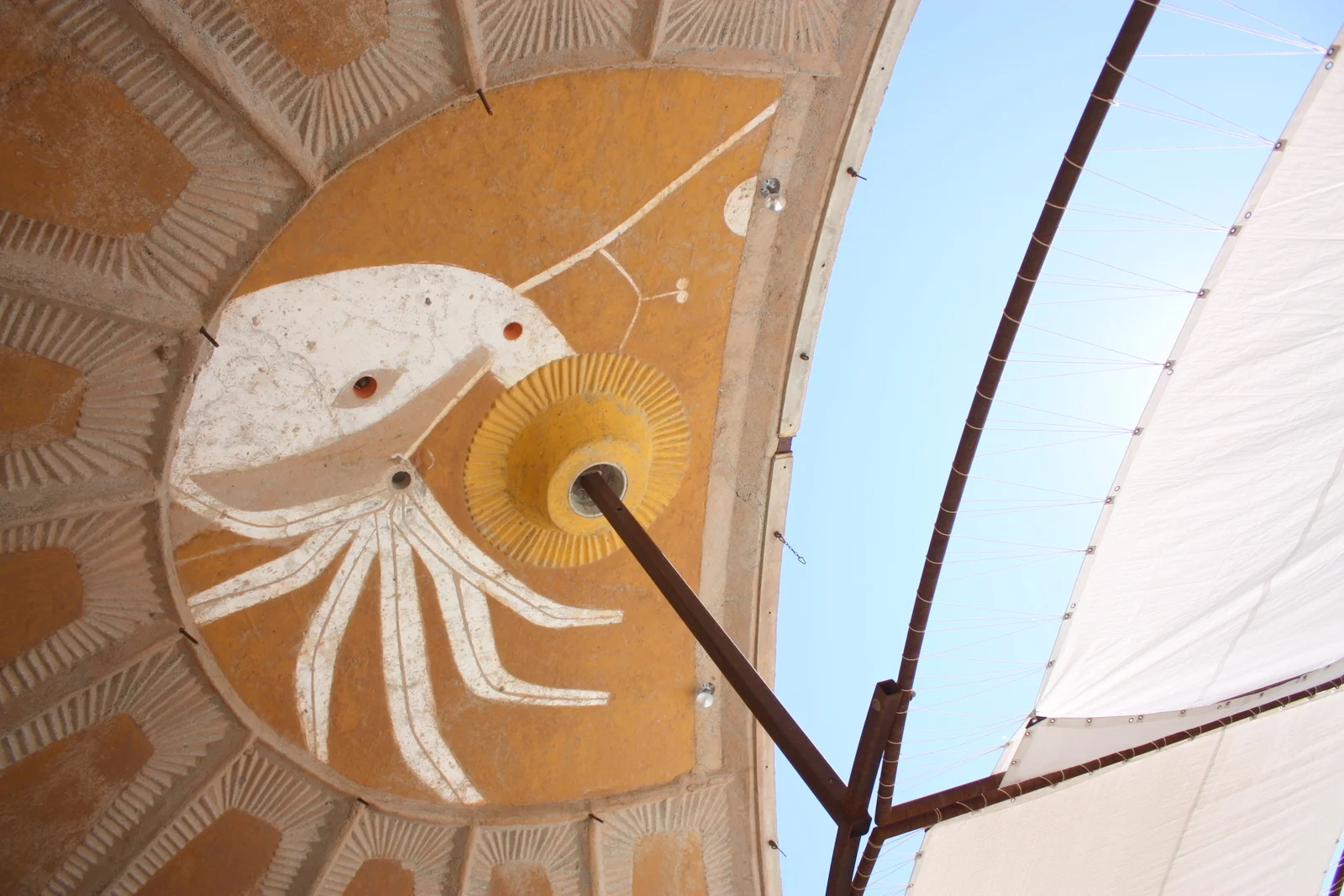
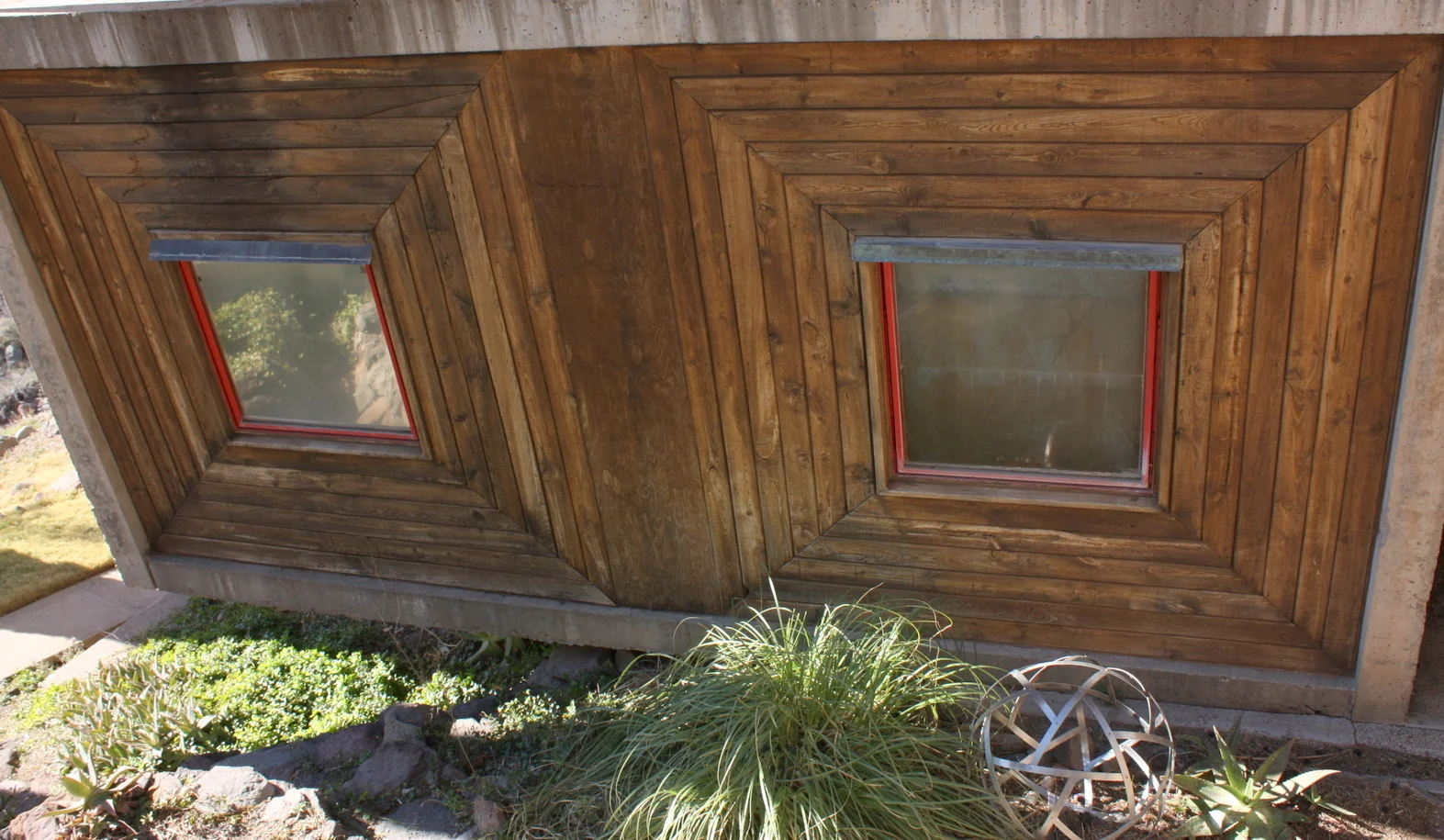
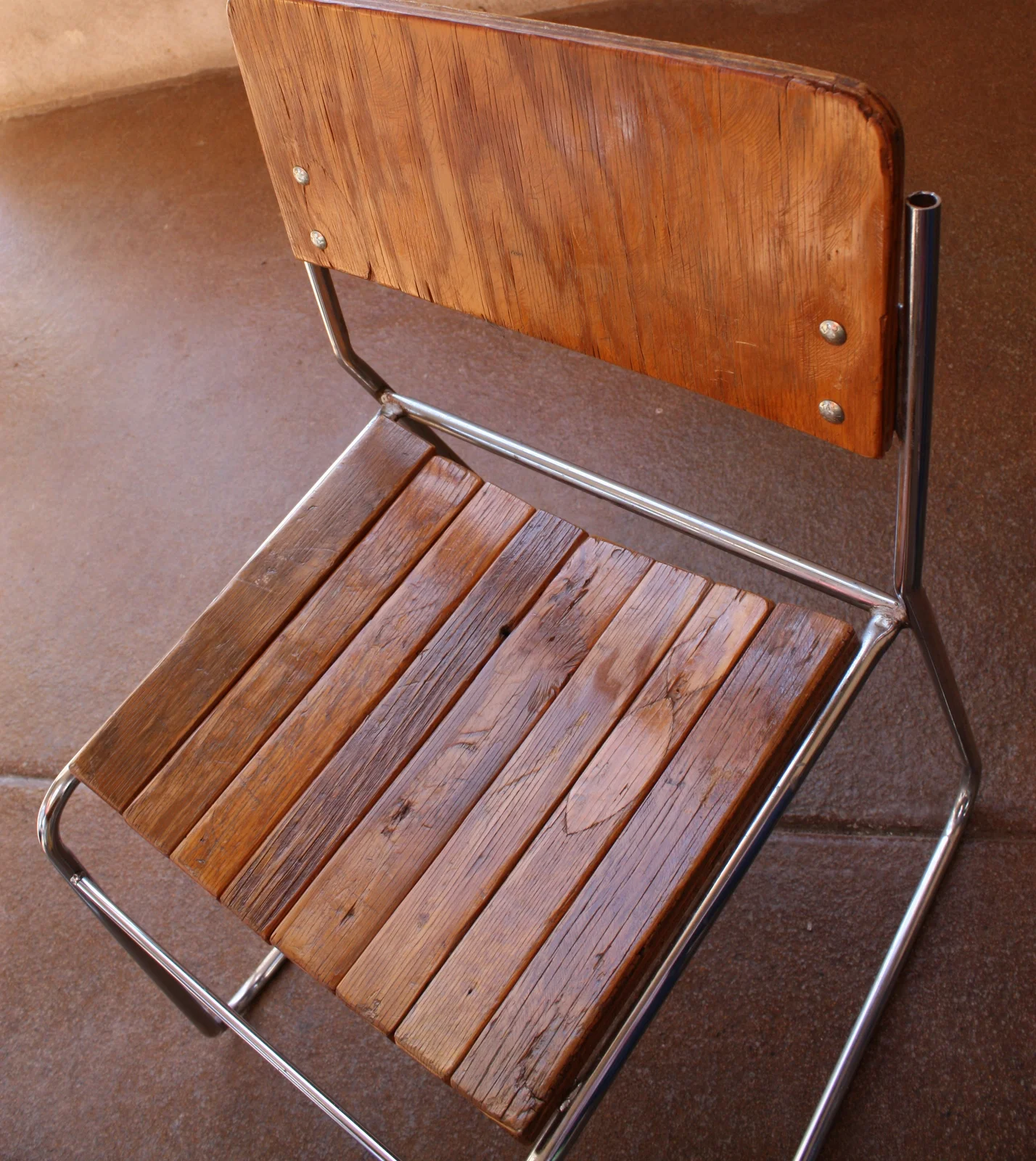

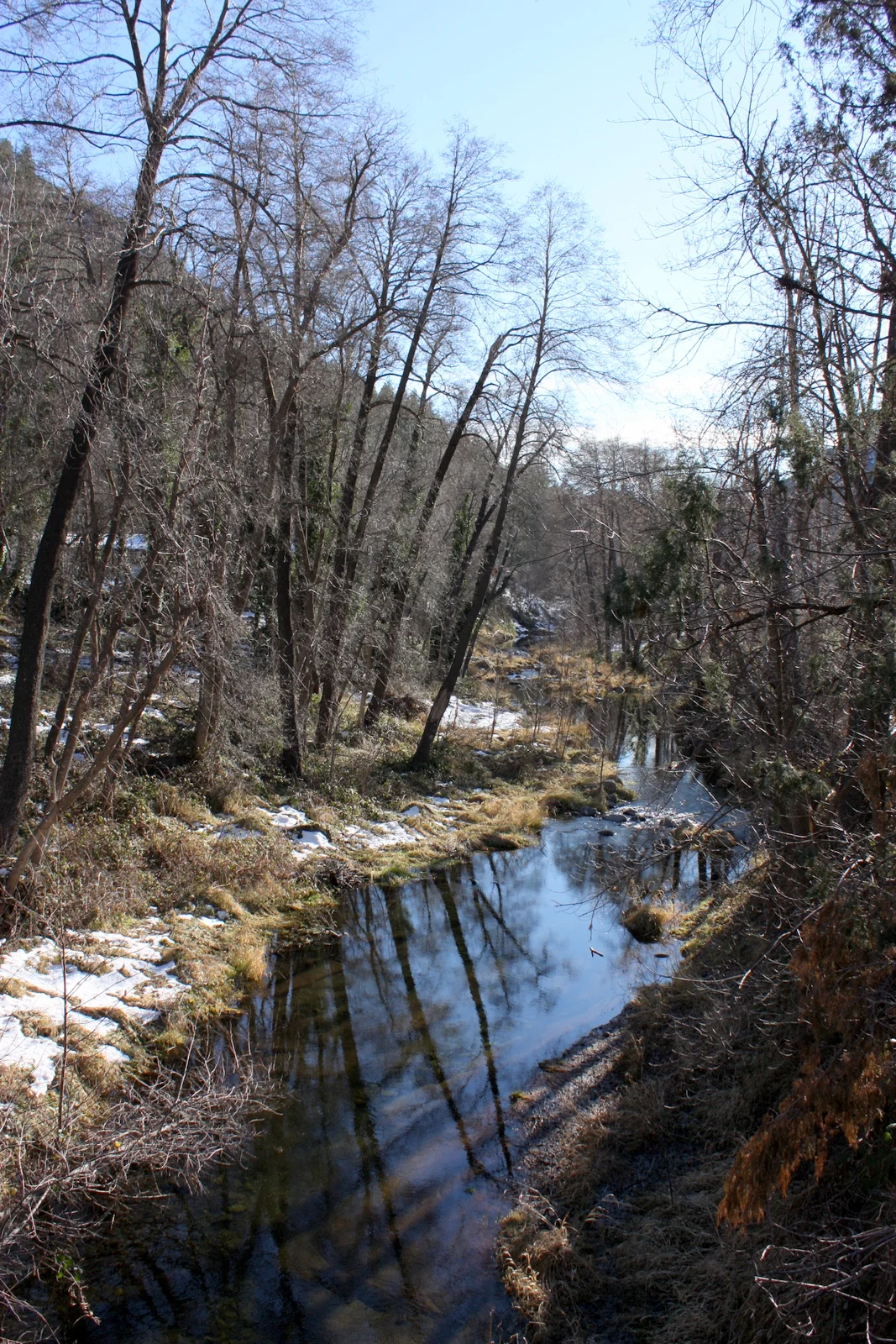
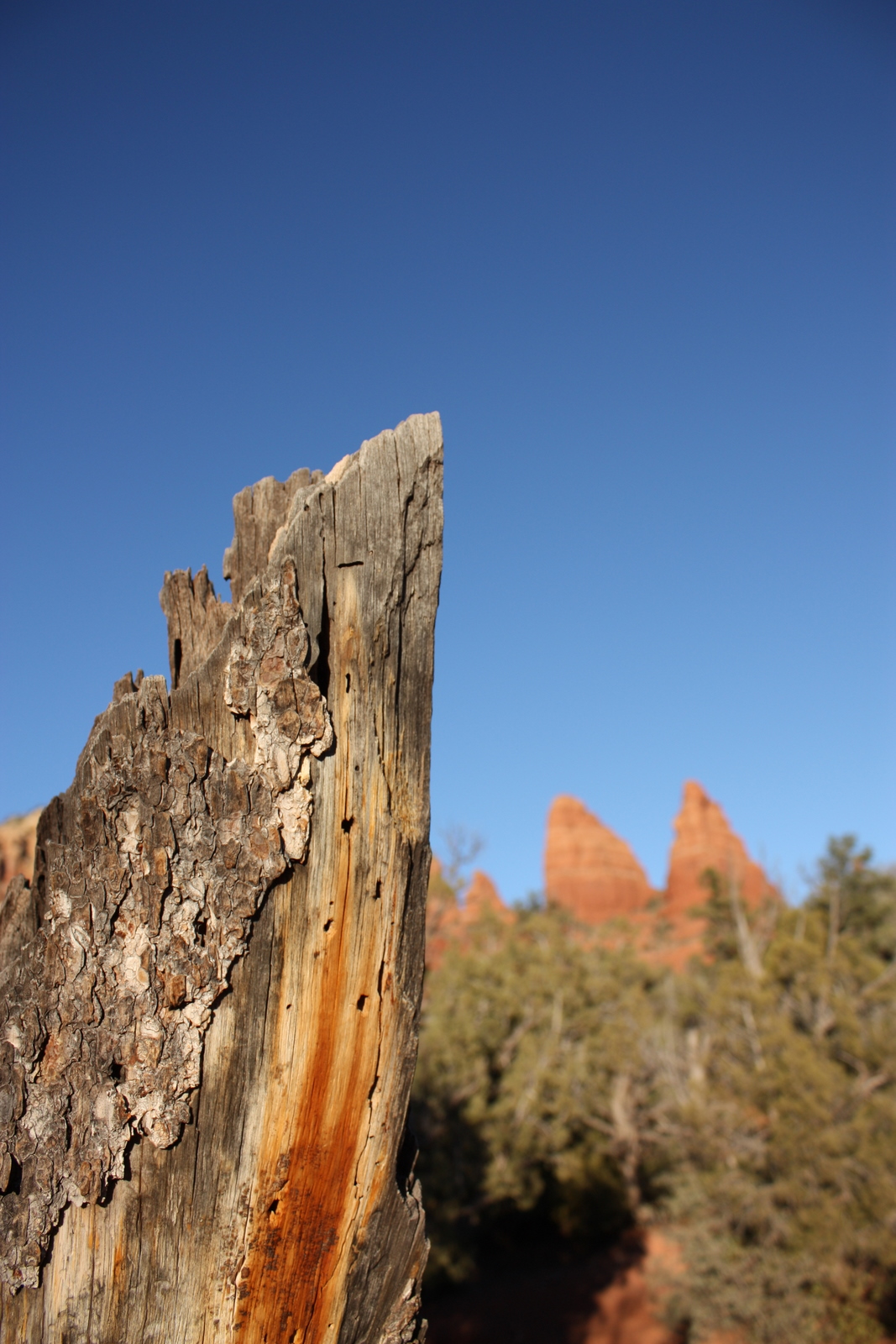
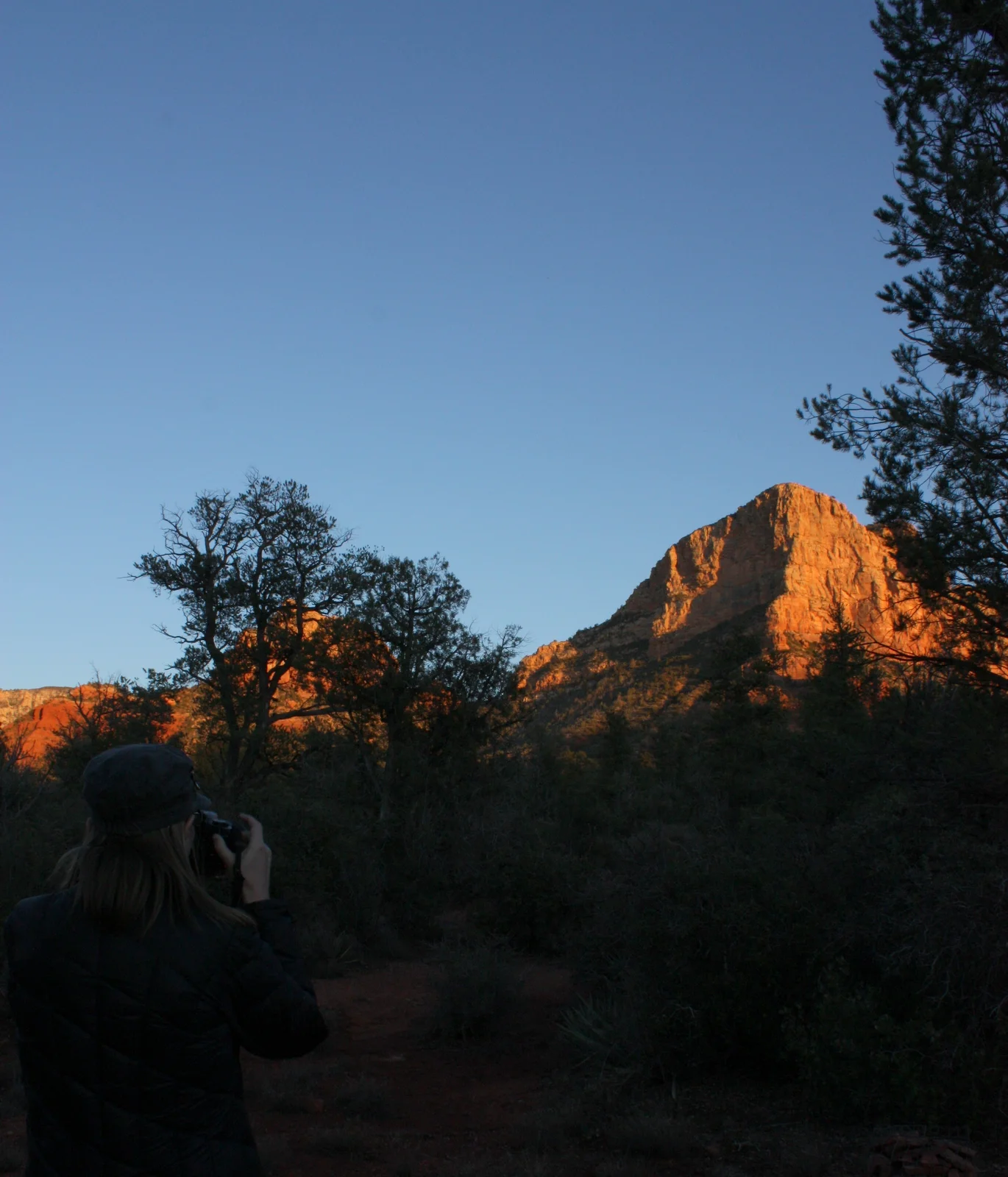
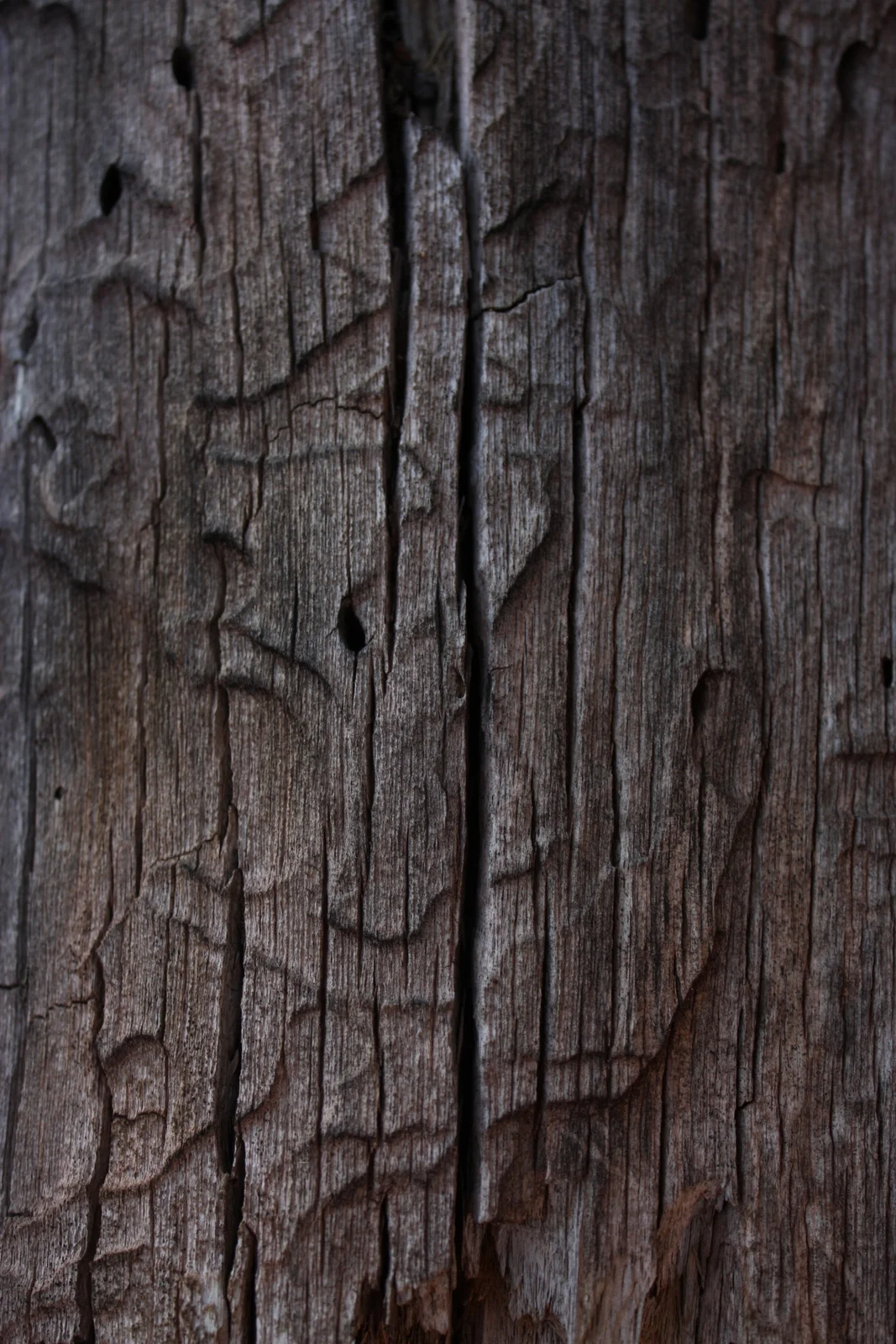
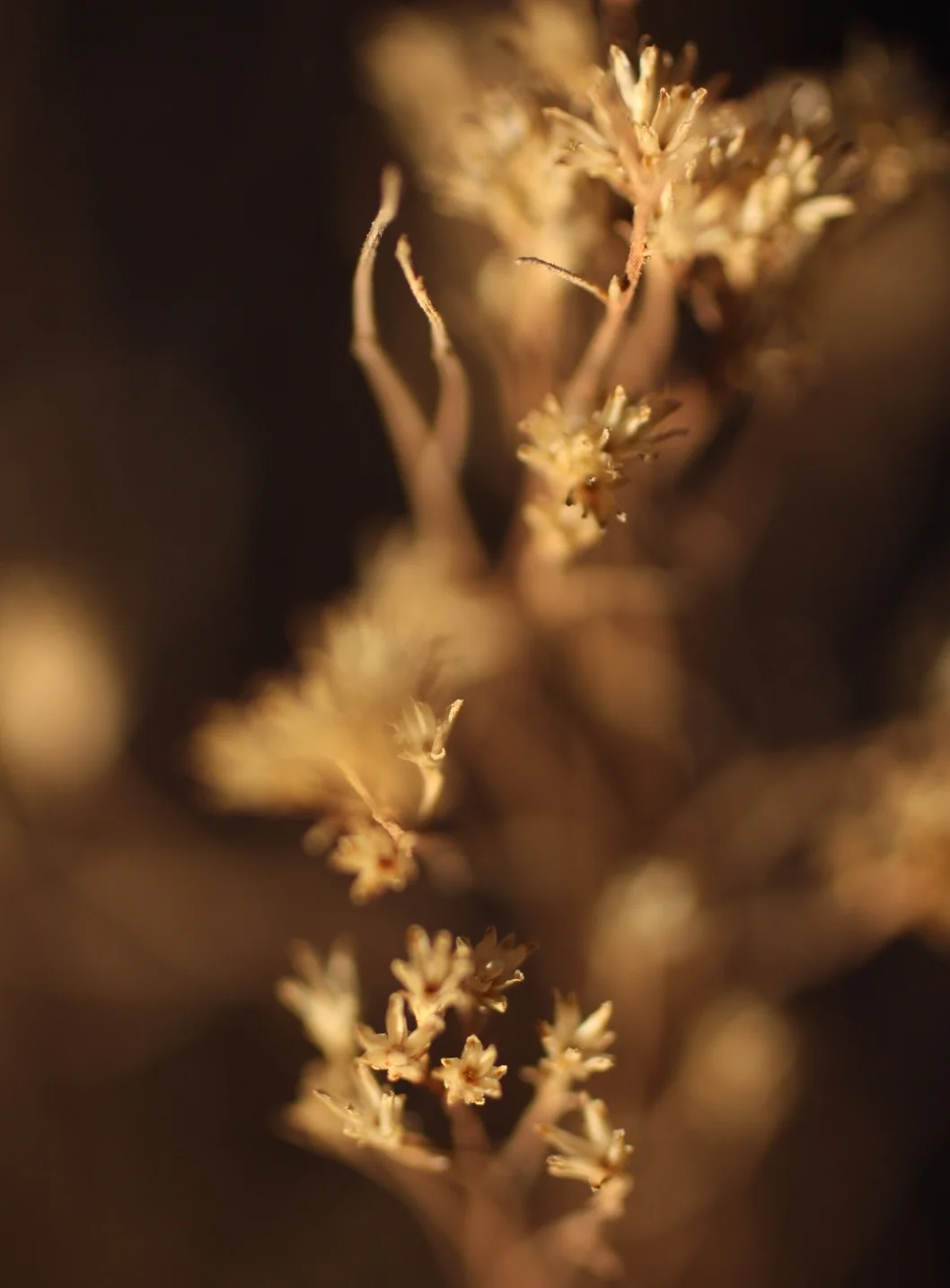
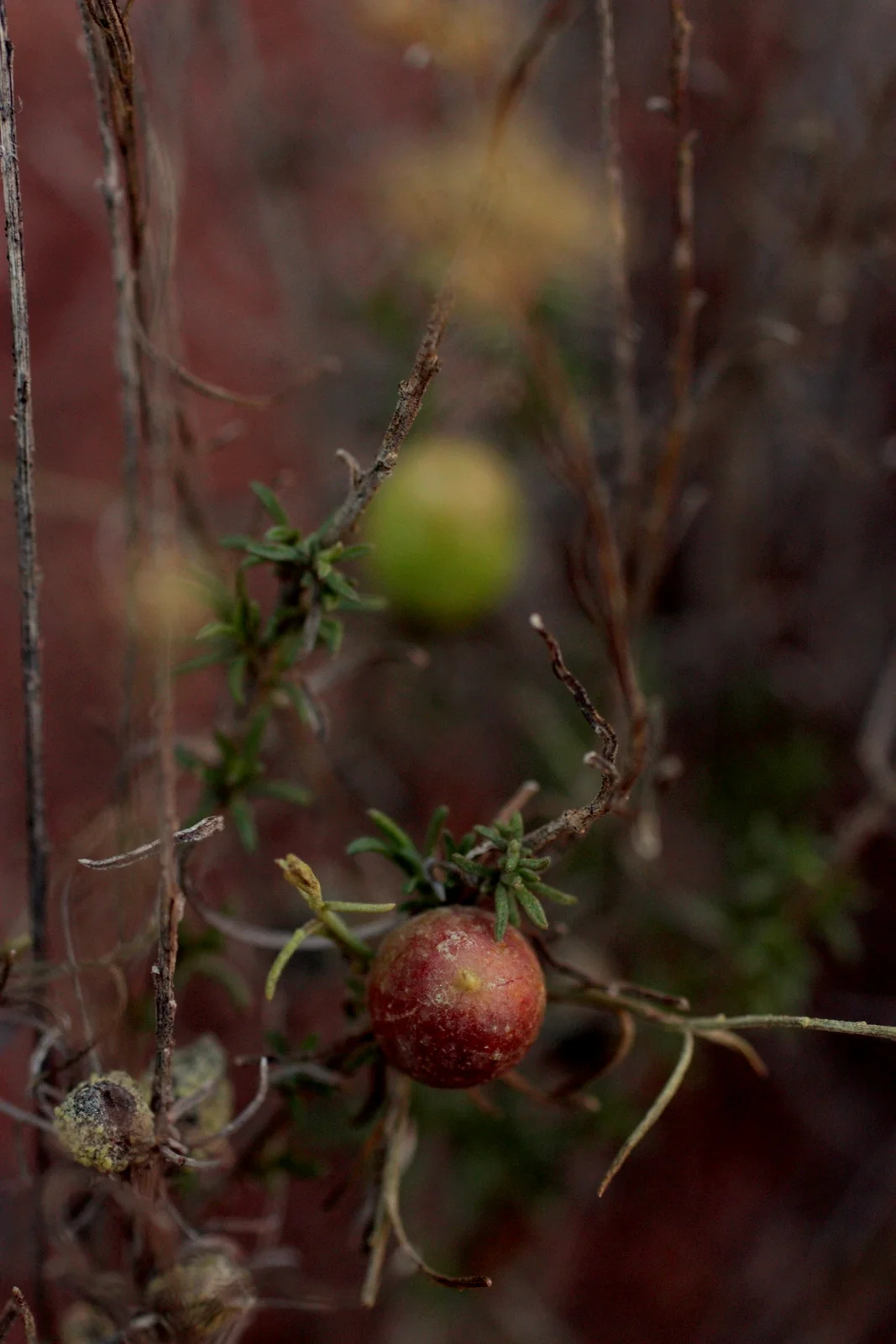
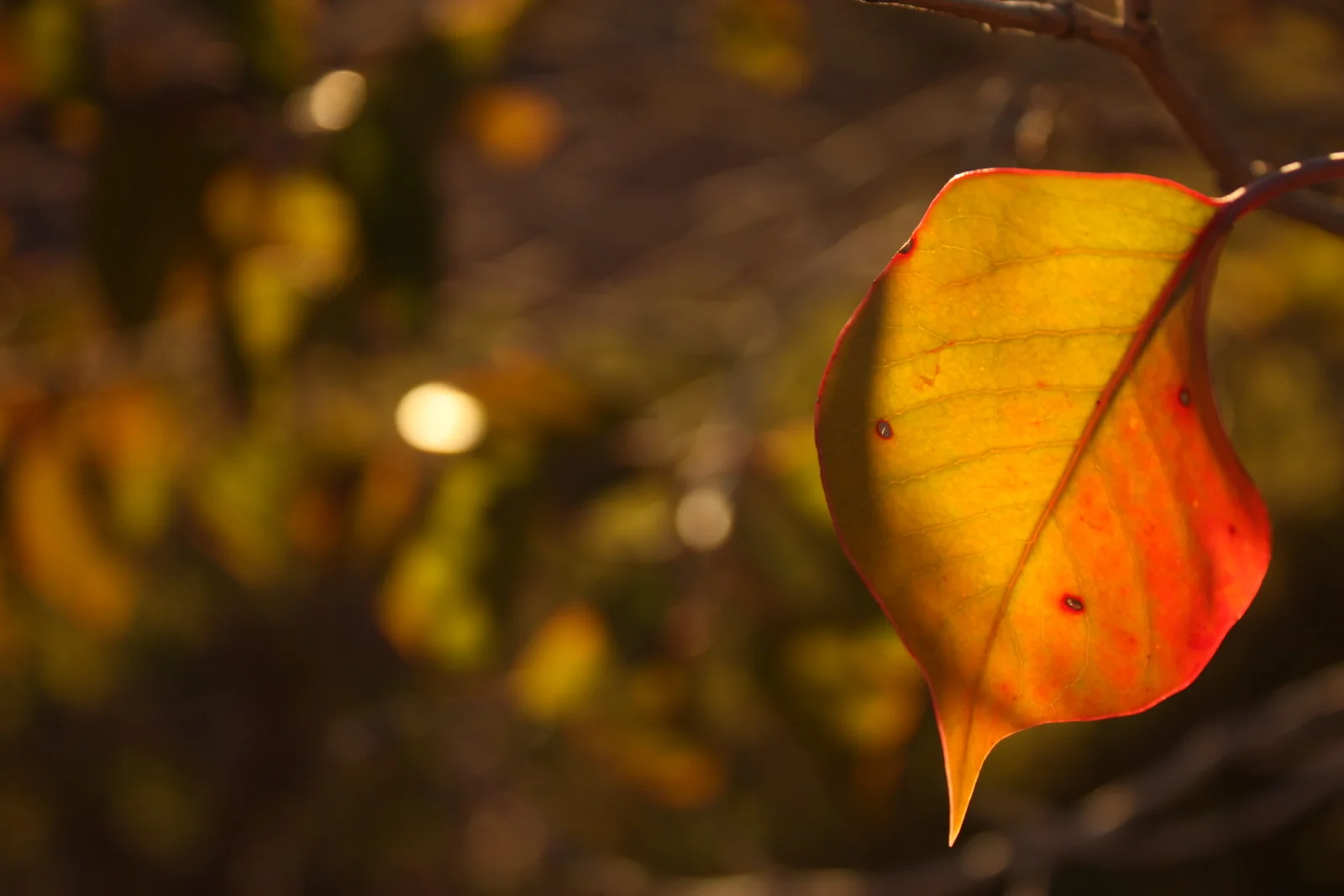
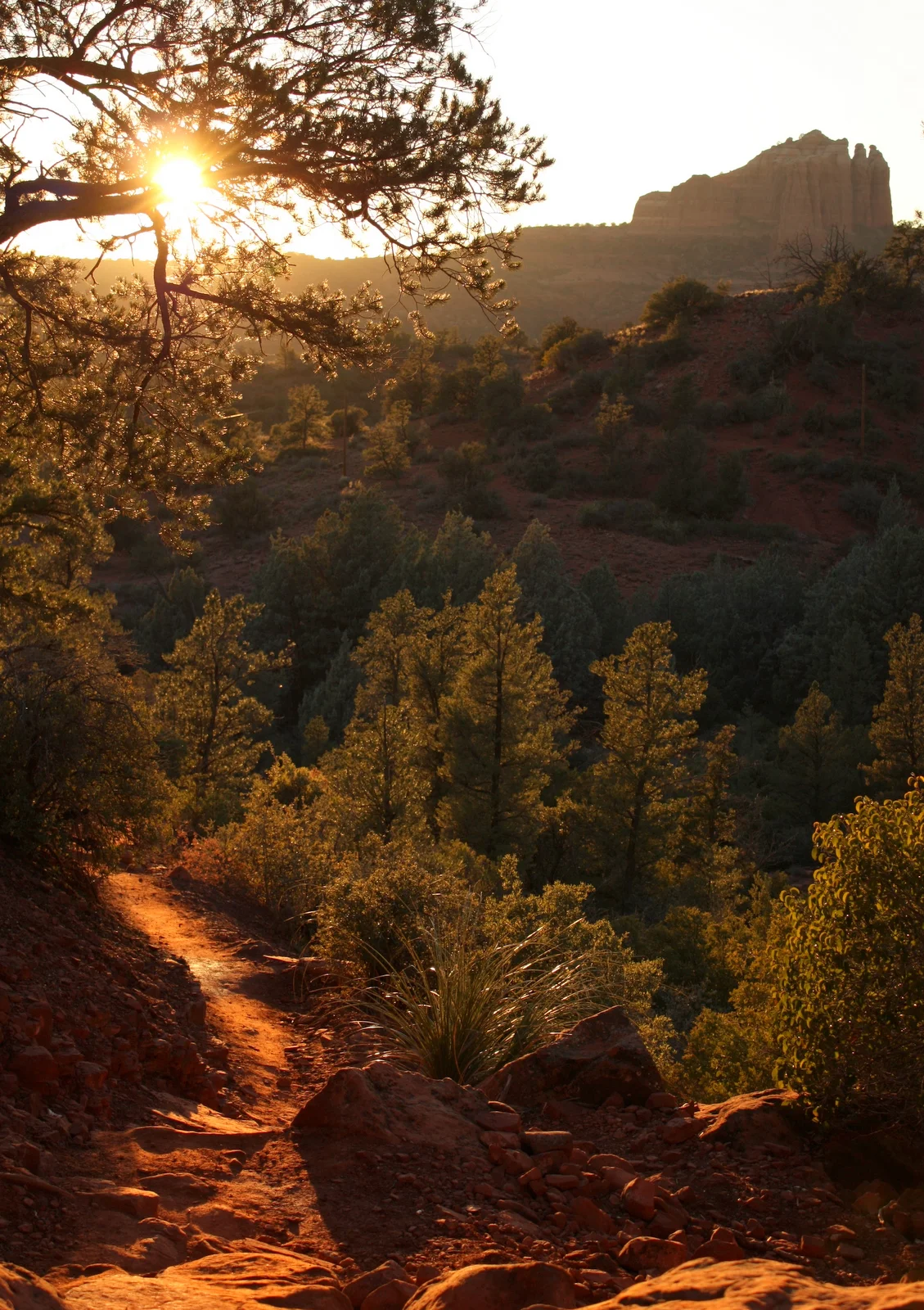
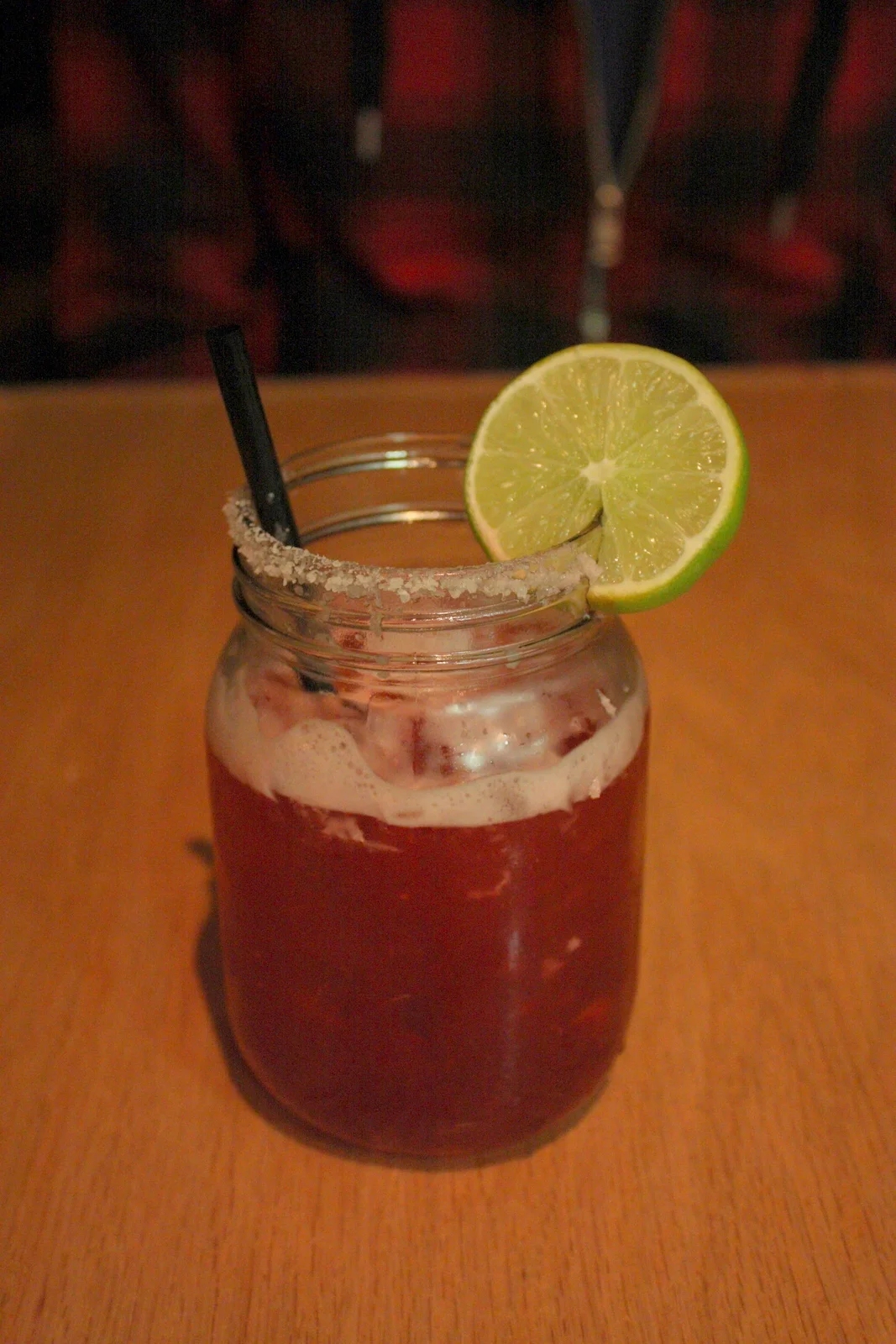

December 2011: My earlier December trip up north involved one and a half failed attempts to go to Arcosanti and a lot of unexpected snow in Sedona. So I was happy to head north a second time this month on a short road trip with Marya and her pal Libby. This time, I actually made it to Arcosanti AND on the tour.

Arcosanti is an "urban laboratory," architect Paolo Soleri's attempt to create an experimental city using his concept of "arcology," a combination of architecture and ecology. Believing our current model of urban sprawl is unsustainable, Soleri has developed a concept based on creating denser cities that are essentially self-contained and that minimize environmental impact. (http://en.wikipedia.org/wiki/Arcology)

For now, though, Arcosanti is, as our tour guide repeated, more of an education space, since only a small portion of the ultimate design has been completed.

It's also a production facility for one of the income streams for the place, wind-bells. While Soleri's vision is inspiring, this fact was one of the ambivalence-inducing elements of the visit. The first part of a tour included a video talking about his vision, which included a criticism of consumer culture. While there is a difference between handmade artisan products and the cheap plastic effuvia of our disposable world...it still struck me as slightly sad-making that a place that is about maximizing the practicality and usability of the environment survives by the sale of purely decorative items. Of course decoration has a place in our world...but still.

Moving out to the structures themselves, I swung back to feeling inspired by his vision. This is the work apse for the ceramic bells. South-facing to catch and use the warmth of the sun in the winter and cool shade in the summer.

The structures all had such beautiful details, like the painting and textures on the interior of the dome.

The bronze-casting apse had a bunch on inset windows in the dome, which looked in on one of the living spaces. Our guide (reflected in window) actually lives in this space.

A space used as an office, with some solar panels, overlooking a pool, below that a...sewage pool of sorts? (I missed the explanation of how that works but somehow not disappointed by that.) Beyond that the fields that could be used for agriculture but aren't really due to lack of funding. And with that, back to feeling a little conflicted about the place. It seemed like solar power could be used more than it was, this being AZ. And I thought that a good agriculture program would be so cool for this kind of place that is about establishing self-sufficiency. It's seems like the place has to make a lot of compromises in order to keep going, which is understandable...but again, always a little sad-making to see the gap between vision and reality.

From there, we headed up to Sedona, where Libby and Marya were subjected to a typical Leslie trip event: the abortive attempt. I had thought that the West Fork Trail would be a great hike for us, but that snow I'd seen a few weeks ago hadn't yet melted in the cool shade of Oak Creek Canyon. So after gamely trying to push on, we abandoned that trail to rush to another before sunset.

It was great to hike with another photographer (and a very patient Marya who didn't mind that we dawdled). Here Libby catches the golden light of the setting sun.

Not sure what these little berries are. There are tons of junipers all over Sedona, this was a teeny mini-plant close to the ground. Do baby trees create fruit?

Although our failed hike meant we got started late in the day, it turned out perfectly because the setting sun makes the red rocks ridiculously beautiful. Marya and I kept saying it just didn't seem like it could be legal for something to be so glowing, so pretty.

Also several failed attempts at eating but finally wound up at Ken's Creekside. Dinner was good, although it was the inspiration for my recent disillusionment with truffle oil. This was Marya's prickly pear margarita, which I was excited about for all the Sonoran food reading I'd been doing: because ethnobotany can be boozy, too.